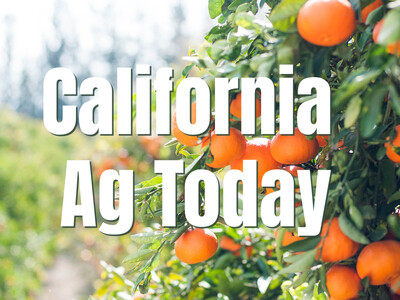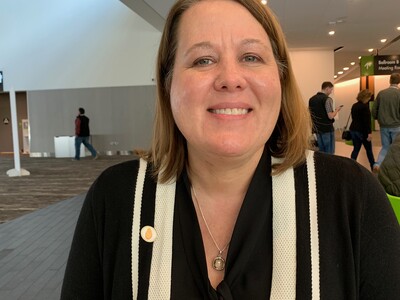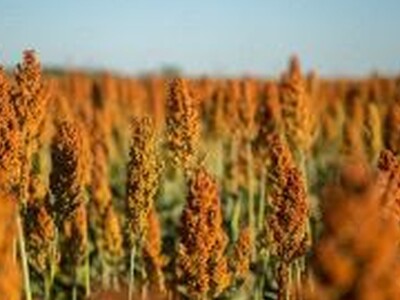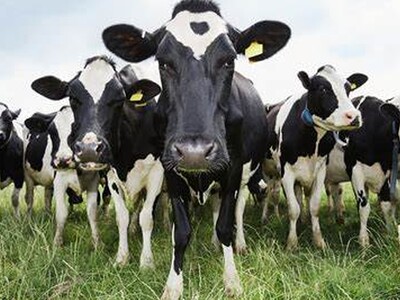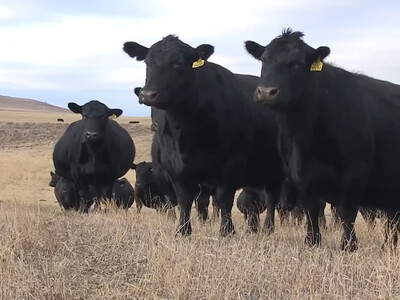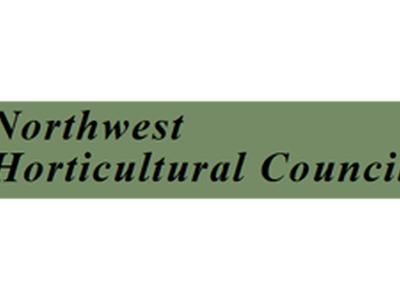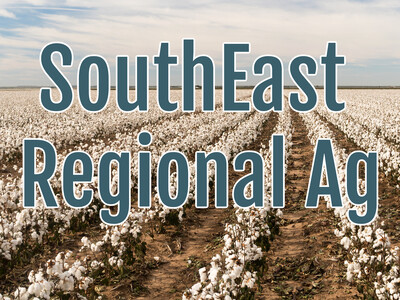Hot Wash
An online publication called the Messenger Index came out with an article headlined "It's time for Idaho to step up its game on Mussel prevention in the Northwest".Invasive quagga and zebra mussels, were first discovered in the western U.S. in 2007 at the Lake Mead National Recreation Area in Nevada. Preventing mussel infestations in Idaho makes environmental and economic sense. These non-native filter-feeding mussels have the potential to crash the region's delicate aquatic food webs, and infestations will jeopardize salmon recovery efforts. The fouling organisms also pose a serious threat to Idaho's economy. If infestations are not prevented, infrastructure, including hydropower dams, irrigated agriculture systems and municipal water supplies are all at risk. Conservative estimates of costs associated with coping with these organisms if they establish in Idaho waters approach a staggering $100 million annually.According to Idaho State Department of Agriculture spokesperson Lloyd Knight, one way to get rid of these invasive species is to identify boats that are infected and give them a hot wash. "What we normally do when we have a fouled boat come through one of our stations, or even a high risk boat, we will usually try to at the very least do a hot wash. The hot wash, we go with high pressure 140° water and our staff will wash that boat at the roadside. It is not a full decontamination because we do not have a dry out period attached to it, so we try to get all physical evidence of those mussels off of the boat to make sure that nothing will fall off and get into the water whenever that boat gets put back in the water somewhere down the line.






